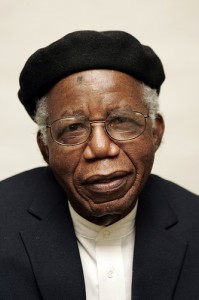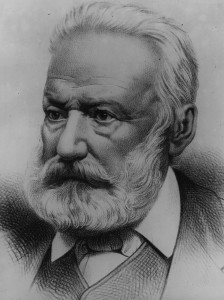“The Future of Authorship” Panel (Brown Bag Lunch)
Date: February 22, 2013
Time: 12:00 p.m. – 2:00 p.m.
Location: IPRH, Humanities Lecture Hall
About the event:
This panel will examine recently developed forms of scholarly communication, focusing on the ways scholars now create knowledge and communicate their findings to a range of audiences using innovative digital platforms and tools for conducting research, writing, and publishing. The aim of this panel is to explore the intellectual advances afforded by new modes of authorship, peer review, and publishing. Please join us for a panel discussion featuring the following speakers:
Nicholas Mirzoeff (Media, Culture, and Communication, NYU)
Kevin Hamilton (Art + Design; IPRH Coordinator of Digital Scholarly Communication)
Eduardo Ledesma (Spanish, Italian, and Portuguese)
Jodee Stanley (Editor, Ninth Letter)
Please bring your lunch. Cookies and beverages will be provided.
About the UIUC speakers:
Kevin Hamilton is an Associate Professor in the School of Art and Design, where he has served in the New Media and Painting Programs since 2002. He also holds appointments in the Department of Media and Cinema Studies, the Center for Arms Control, Disarmament and International Security, and is co-Director of the Center for People and Infrastructures at the Coordinated Science Laboratory. Kevin’s primary research lies in historical and theoretical work on the history of interface representations in mediated violence, with a special emphasis on government-produced films related to nuclear weapons development. Kevin’s work as an educator is focused on integration of practice-based and theoretical approaches to understanding technological mediation. This work includes the direction of “Learning to See Systems,” a new interdisciplinary graduate study track that will begin in Fall of 2013. Kevin Hamilton will serve as the Coordinator of Digital Scholarly Communication to direct the IPRH’s future involvement as a Scalar institutional partner, which will begin in Fall of 2013.
Eduardo Ledesma is an Assistant Professor of Spanish at the University of Illinois at Urbana-Champaign, where he teaches Luso-Hispanic literature, film and new media. He received his PhD in Romance Languages and Literatures from Harvard University (2012) and holds advanced degrees in both structural engineering and Hispanic literature. His research focuses on avant-garde and experimental forms across different media. Currently he is working on several projects dealing with the confluence of experimental film, poetry and digital media.
Jodee Stanley is the editor of Ninth Letter, the award-winning literary/arts journal published by UIUC’s MFA in Creative Writing Program in collaboration with the School of Art + Design. Jodee supervises the graduate literary publishing practicum and also teaches editing at the undergraduate level. She has worked in literary publishing for twenty years and has been a speaker and panelist at various conferences and festivals. In 2009, she was awarded an Academic Professional Award from the College of Liberal Arts and Sciences at UIUC, and she received a 2007 Faculty Fellowship from the University of Illinois Academy for Entrepreneurial Leadership. Her fiction, essays, and book reviews have appeared in several publications including Crab Orchard Review, Mississippi Review, Hobart, Cincinnati Review, and elsewhere. She is currently co-editing an anthology of Midwest Gothic fiction.





